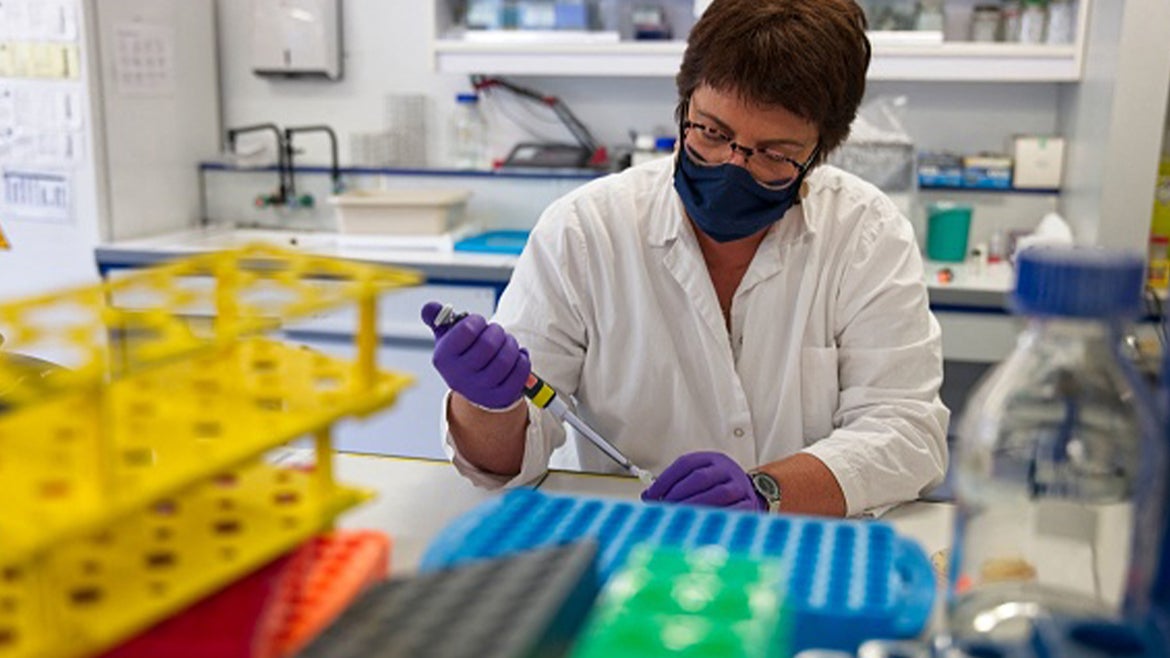The six-week trial will include 16 participants between the ages of 60 and 85, who all show early symptomatic Alzheimer’s, but are otherwise generally healthy, the hospital said in a press release.
A groundbreaking clinical trial of a nasal vaccine for Alzheimer's disease that has been decades in the making is set to begin at Brigham and Women’s Hospital in Boston, according to hospital officials.
The goal of the trial is to test the safety and efficacy of the vaccine that is delivered nasally and intended to prevent and slow the progression of Alzheimer’s disease (AD).
Dr. Howard L. Weiner, co-director of the Ann Romney Center for Neurological Diseases at Brigham described the launch of the first human trial of a nasal vaccine for Alzheimer’s disease, “a remarkable milestone.”
The clinical trial will include 16 participants between the ages of 60 and 85, who all show early symptomatic Alzheimer’s, but are otherwise generally healthy, the hospital said in a press release.
Each will receive two doses of the vaccine one week apart. The participants will enroll from the Ann Romney Center, the release said.
Researchers said the vaccine uses a substance called Protollin, which stimulates the immune system. The substance has been found to be safe in other vaccines, as well.
"Protollin is designed to activate white blood cells found in the lymph nodes on the sides and back of the neck to migrate to the brain and trigger clearance of beta-amyloid plaques — one of the hallmarks of Alzheimer’s disease,” according to the release.
Researchers said phase I trial's primary objective will be to "determine the safety and tolerability of the nasal vaccine," and observe how Protollin affects participants' immune response, including how it affects their white blood cells.
Weiner said the nasal vaccine is a “unique approach” by affecting a person’s immune system. He spoke enthusiastically with CBS News about the vaccine trial launch.
“Potentially it could be a treatment for people with the disease, and even more important it could be something to prevent people from ever getting the disease,” Weiner said.
Tanuja Chitnis, MD, professor of neurology at Brigham and Women's Hospital and principal investigator of the trial, said: "For 20 years, there has been growing evidence that the immune system plays a key role in eliminating beta-amyloid. This vaccine harnesses a novel arm of the immune system to treat AD,” she said.
Chitnis added: “Research in this area has paved the way for us to pursue a whole new avenue for potentially treating not only AD, but also other neurodegenerative diseases.”
I-Mab Biopharma and Jiangsu Nhwa Pharmaceutical are responsible for developing, manufacturing, and commercializing Protollin.
Related Stories






